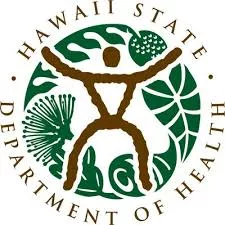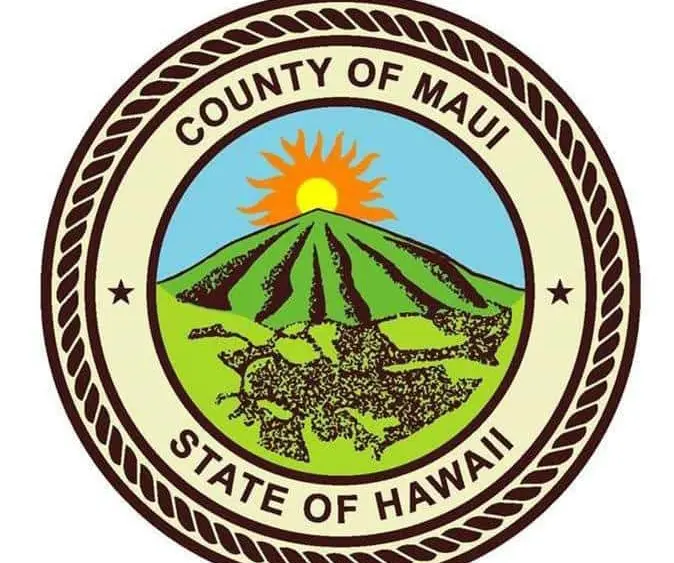The Hawai‘i Department of Health (DOH) recommends the recently updated 2024-2025 flu and COVID-19 vaccines for all persons 6 months of age and older as well as the respiratory syncytial virus (RSV) immunization for newborns and infants, pregnant persons, adults over 75 and those 60-74 with certain chronic medical conditions.
In addition to immunization, U.S. households will also once again be able to request four free COVID-19 self-test kits this season starting Sept. 23 at www.COVIDTests.gov.
Both 2024-2025 flu and COVID-19 vaccines have been updated to protect against strains likely to be circulating during approaching respiratory virus season. The updated seasonal flu vaccines are a trivalent formulations that protects against H1N1, H3N2, and B/Victoria flu strains likely to circulate. The updated COVID-19 vaccines address recent strains of the Omicron variant and include the mRNA vaccines produced by Pfizer and Moderna as well as the protein antigen-based vaccine produced by Novavax.
RSV vaccination for adults is recommended for individuals ages 75 and older, or ages 60-74 who have certain chronic medical conditions, to protect against severe disease. The RSV vaccine is not currently an annual vaccine, meaning people do not need to get a dose every RSV season.
RSV immunization is also recommended to protect infants against RSV infection and severe disease. Without immunization, almost all children by age two will develop an RSV infection which even in healthy infants and children too often causes difficulty breathing and hospitalizations.
Individuals can receive the COVID-19, flu, and RSV vaccines during the same visit, simplifying the process of staying up to date with CDC recommendations.
Vaccination providers in Hawaiʻi have already begun receiving the updated vaccines. However, not all providers will have vaccines available at the same time, as shipping timeframes will vary between manufacturers, vaccine distributors, vaccine formulations, and provider locations.
For more information on DOH respiratory guidance, visit the Disease Outbreak Control Division Respiratory Viruses webpage.





